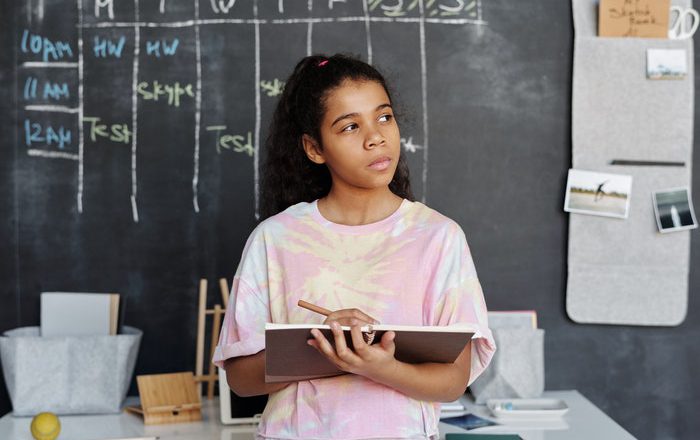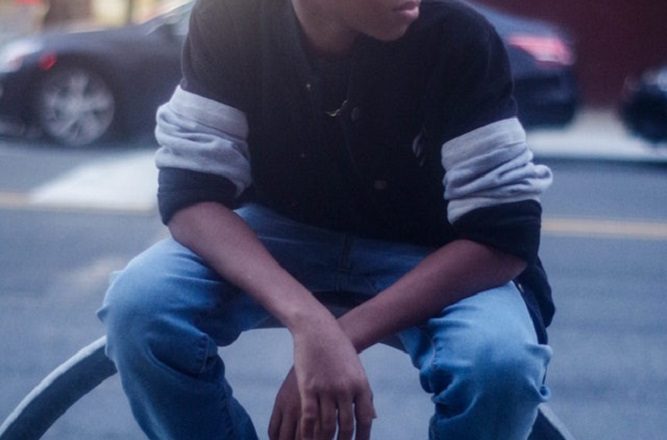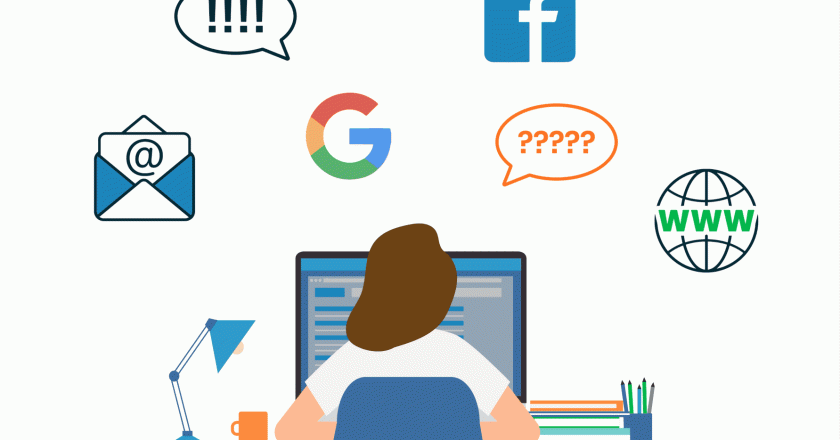Giving private schools federal emergency funds slated for low-income students will shortchange at-risk kids
Public schools have faced three distinct challenges since the coronavirus pandemic began – scrambling to make sure that low-income children don’t go hungry, teaching students remotely who lack internet access and bracing for dramatically smaller budgets.
Congress tried to help in the US$2 trillion economic relief package known as the Coronavirus Aid, Relief and Economic Security, or CARES Act, by designating $13.5 billion for public schools. The money was supposed to be distributed to school districts based on the number of low-income students they enroll. A new directive from the U.S. Department of Education, however, tells districts to share far more of the money than expected with private and religious school students, even though fewer than 5% of those children are poor.
I’m a schola...




